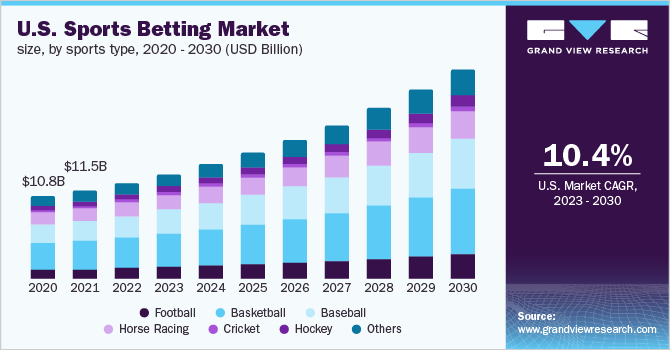Gambling (judi online) has been a ubiquitous aspect of human culture for centuries, offering both entertainment and the prospect of financial gain. While the gaming industry has flourished, particularly with the advent of online platforms, its effects on a country’s economy are a subject of ongoing debate. This article explores the intricate relationship between gambling and the economy, shedding light on both positive and negative aspects.
Positive Economic Contributions
One of the primary ways in which gambling positively affects a country’s economy is through revenue generation. Governments often regulate and tax the gaming industry, contributing substantial sums to public coffers. This revenue can be earmarked for various public services such as education, healthcare, and infrastructure development. In some cases, funds from gambling may be directed towards social programs or initiatives to address issues like addiction.
Moreover, the gambling industry creates employment opportunities across various sectors. From casino staff to marketing professionals, the sector provides jobs that contribute to overall economic growth. Additionally, the construction and maintenance of casinos and associated facilities stimulate the economy by boosting demand for construction materials, services, and local businesses.
Tourism is another area where gambling can positively impact the economy. Popular gambling destinations often attract tourists seeking a blend of entertainment and the chance to win big. These visitors spend money on accommodation, dining, shopping, and other local attractions, injecting capital into the local economy.
Negative Economic Consequences
Despite the positive contributions, the economic impact of gambling is not without its drawbacks. One of the main concerns is the potential for increased social problems, including addiction and financial instability among gamblers. Individuals who develop gambling addictions may experience a decline in work productivity and, consequently, a reduction in their contribution to the overall economy. The social costs of treating gambling-related issues, such as counseling and rehabilitation programs, also place a burden on public resources.
Another issue is the regressive nature of gambling taxes. In many cases, the burden of these taxes falls disproportionately on lower-income individuals who are more likely to engage in gambling activities. This exacerbates existing economic inequalities, as those who can least afford to lose money are often the ones most affected by the negative consequences of gambling.
Furthermore, the reliance of some regions on gambling revenue can make their economies vulnerable to fluctuations in the gaming industry. Economic downturns or changes in consumer behavior can lead to a decline in gambling activities, causing a ripple effect across related sectors and potentially contributing to unemployment and decreased tax revenue.
Balancing Act: Responsible Gambling Policies
To harness the positive aspects of gambling while mitigating its negative consequences, countries must implement and enforce responsible gambling policies. These policies should include measures to prevent and address gambling addiction, such as education programs, support services, and treatment options.
Regulations should also be in place to ensure fair and transparent gaming practices. This includes monitoring and controlling the industry to prevent illegal activities like money laundering and fraud. Additionally, governments can allocate a portion of gambling revenue to fund research on gambling addiction and its societal impacts.
Conclusion
In conclusion, the economic effects of gambling on a country are complex and multifaceted. While the industry contributes significantly to revenue generation, job creation, and tourism, it also poses challenges related to social problems and economic inequalities. Striking a balance between reaping the benefits of the gambling industry and implementing responsible policies is crucial for ensuring a sustainable and positive economic impact. As the gaming landscape evolves, policymakers must remain vigilant in adapting regulations to address emerging challenges and foster a healthy coexistence between the gambling industry and the broader economy.
